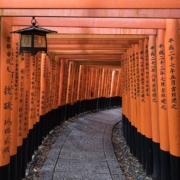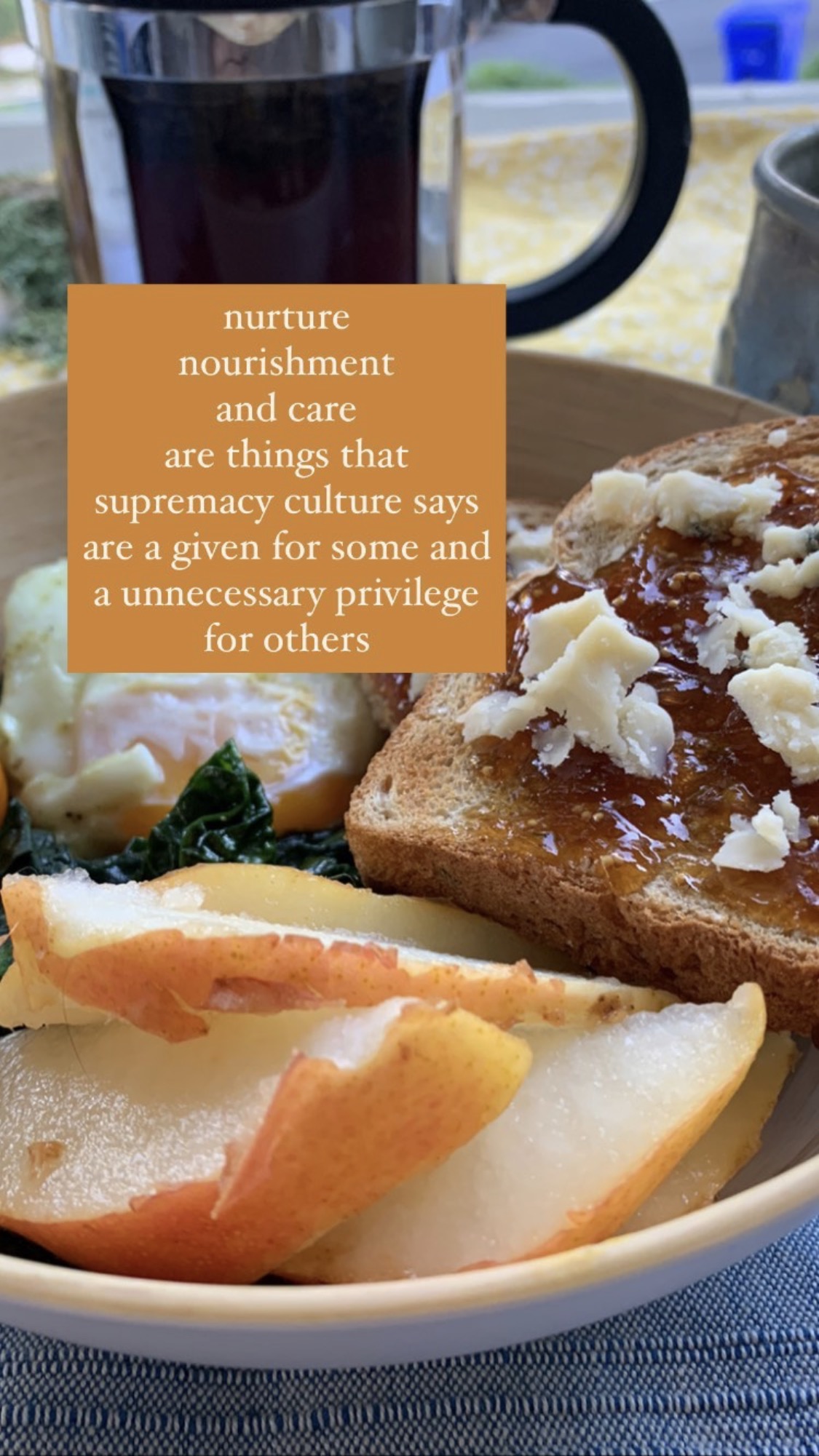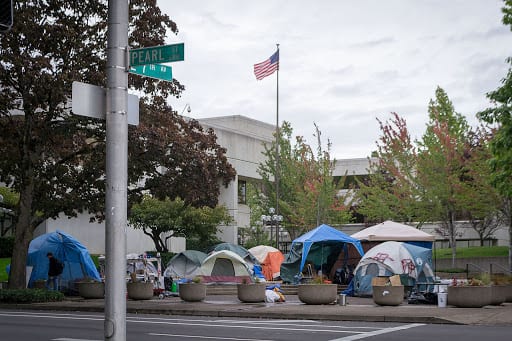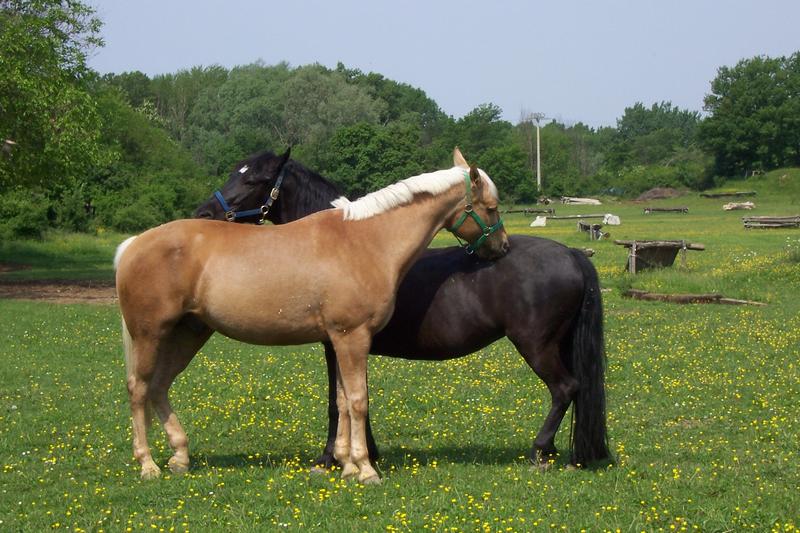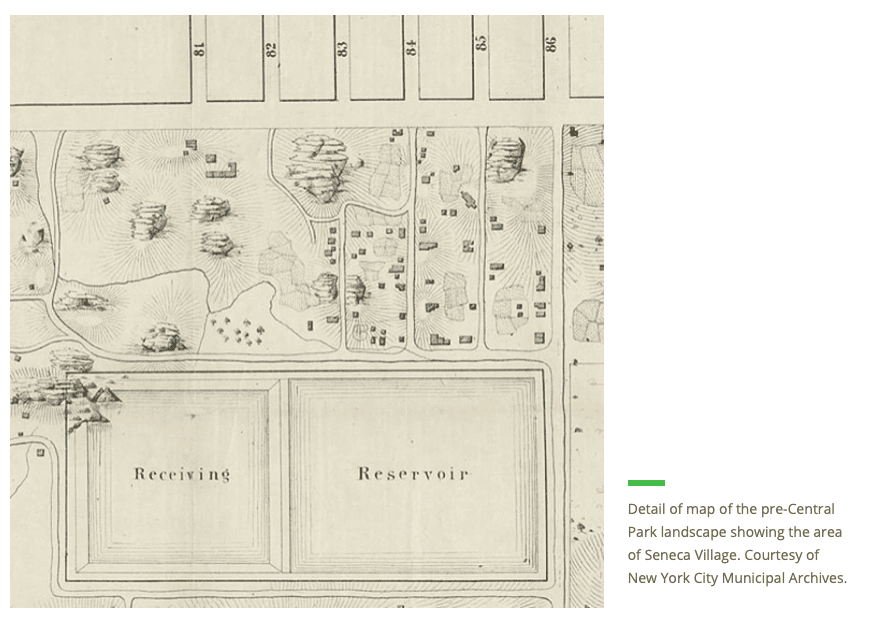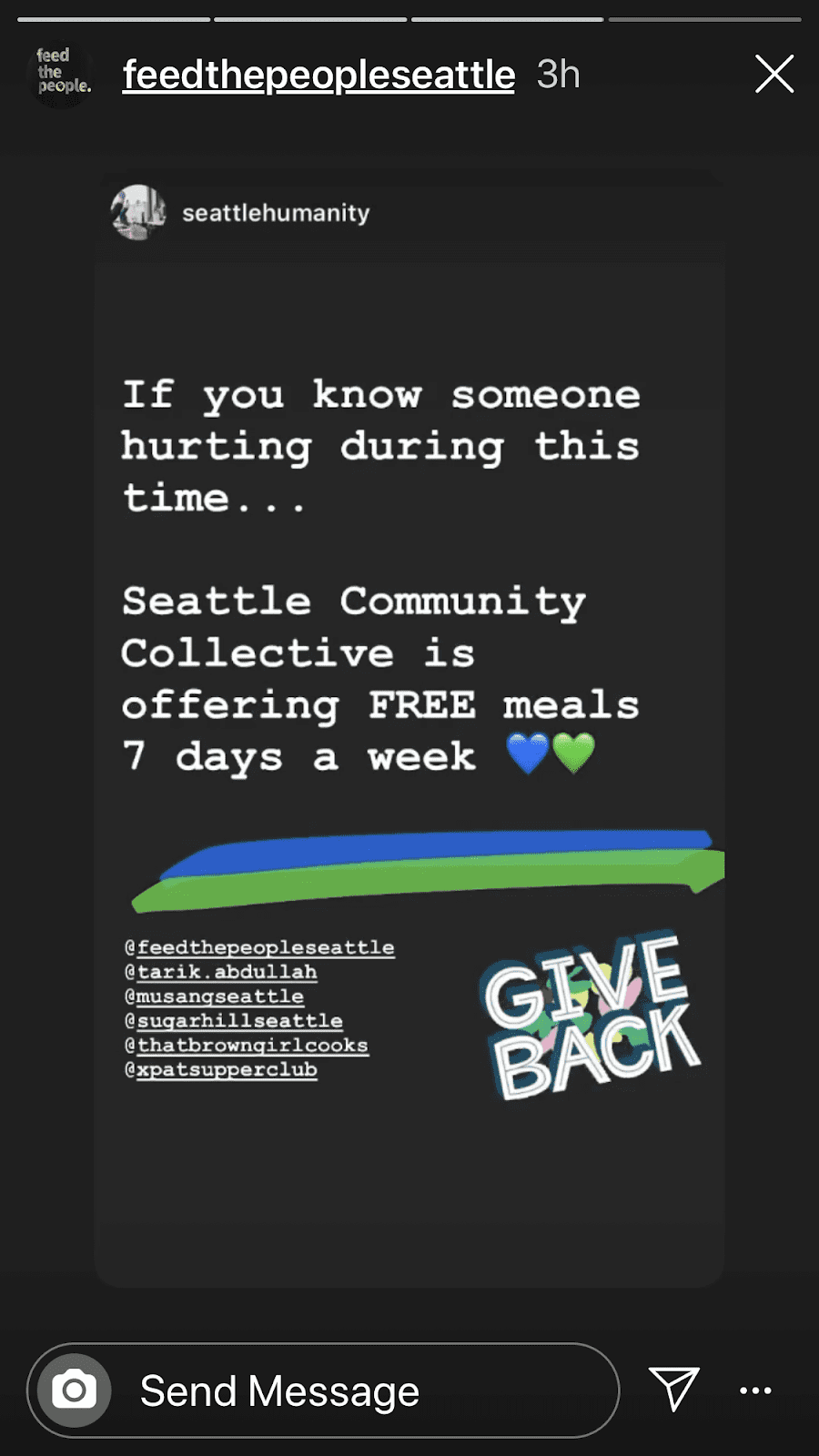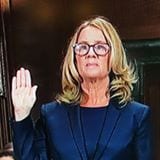
photo & caption credit @jenlemen
Food is my love language. Or, more precisely, feeding other people is how I show my love and affection for them. There is nothing I love more than a house full of people that I can cook for and with, or sitting down to a table with those I adore to share a meal that I’ve provided or paid for. It makes my heart sing.
Which is why it makes sense that nearly five years ago, I responded to a call for volunteers at my local food bank – the smallest one in the city that serves a population of unhoused folks, women and children living in domestic violence shelters, and members of the community at large.
Like many food banks, pre-Covid19, we were structured much like a grocery store or farmer’s market. People came on foot, by bus, or private car to shop for items on our shelves and from the fresh produce we received once a week thanks to the generosity of a local church congregation.
Like many food banks, our funding was a mix of private donations, state funds, and federal funds – a complex system of receiving surplus food from the USDA, deliveries from the state non-profit that serves all food banks in Washington, purchasing items to fill in the gaps with cash we got from private patrons and fund-raising events. We served a particular slice of the community, many with unique needs. Folks without homes came to get food that doesn’t require refrigeration (or a can opener). Folks from Asian communities particularly preferred the weeks when we had bok choy and garlic on offer. Many of the women in the shelters had a desperate need for diapers and feminine hygiene items and were delighted when we had birthday cakes or cupcakes to help their kids celebrate special occasions. Larger households took whole chickens or bags of flour, while single folks living in shelters with just a mini-fridge and a microwave preferred frozen meals and a half-dozen eggs to bigger portions. It wasn’t perfect by any means – we often had a surplus of dried beans and received strange items that didn’t sell in traditional stores or sixteen cases of soda would show up at once – but we were able to stretch our donor dollars to fill in the gaps and donate huge bulk items to shelters that cooked communal meals for their residents.
But since March, it has become increasingly clear that this system is irrevocably broken and it is my strong opinion that food banks, on the whole, will never be able to meet the needs of our communities. It is time for a new solution and it will require a lot of courage and creativity and a willingness to dismantle the incredibly complex and wasteful system we have created over the last 50 years. I want to be absolutely clear that this is not an indictment of the food bank with which I am affiliated or, frankly, any food bank or volunteer or paid staff at all. This is an indictment of the system we have created that is not capable of rising to this moment in history in a way that is consistent with social justice. Let me explain:
In our county alone, during the pandemic, the number of households seeking food assistance from food banks has more than doubled. Unfortunately, because individuals are not allowed to visit food banks to choose the food they need for their particular circumstance, that means food banks have to prepare boxes of food for everyone and deliver them. In March, we scrambled to figure out how to make that happen, sending out a checklist to our regular clients and personalizing boxes for them. Needless to say, this didn’t last long. It took us hundreds of hours to go through our entire inventory, pick items off of the shelves and put them in boxes, label them, and ensure that they got on the correct delivery vehicle. It was simply impossible to do that for every client we had. And the clients who had no address to deliver to were simply unable to get food from us.
Within weeks, we had pivoted to making hundreds and hundreds of the same boxes so that everyone got the same mix of things. We were still working hard to ensure that we filled the gaps – soliciting donations of sandwich bread from Franz Bakery (who absolutely came through and delivered 200 loaves of fresh white bread every single week for months on end), purchasing oatmeal packets and cans of chili to supplement our boxes, and continuing to receive fresh produce every week – but the deliveries that came from Food Lifeline were simply what they were – we couldn’t control what we got. And this meant that during Ramadan, the only fresh meat we got for weeks on end was pork. One week, it meant that we received 400 5# cans of baby corn – one for each household. That is a bowling-ball-sized can of baby corn, for every single client. The following week, that huge can was filled with mandarin oranges and the week after that, it was green beans. If I am Muslim or Jewish and I don’t want pork to even cross the threshold of my home, I’m out of luck when I get that box of food. If I live in a shelter with just a mini-fridge for storage, once I open that giant can, what do I do with the remaining food? It will take up half the space in my refrigerator.
By April, the state of Washington was spending $5.5 million per week supporting Food Lifeline. The National Guard was enlisted to deliver food to area food banks and work in FL’s warehouse, and King County had agreed to use their Access buses and drivers to deliver the food to our clients. Everyone was trying to make this work. Where we previously had volunteers one day a week, because of the increased workload and social distancing needs, we now had folks there three days a week and we were still behind. And as someone with celiac, I often packed boxes with the realization that, were it my family this was going to, we would have to discard at least half of the items we received because we would get sick if we ate them. At one point, we had a caseworker at one of the shelters call us and essentially drop out of the program because the amount of wasted food was building up in their common areas and it was untenable. The boxes we sent simply had too much food or the wrong kind of food for their residents (I’ve never tried to cook a whole chicken in a microwave or on a hot plate, have you?)
At some point, Food Lifeline decided that they would pack boxes for all of the food banks and simply deliver them to us. They had the National Guard, after all, and the feedback they were getting was that it was too much work for each individual food bank to make up these boxes. But the boxes still came with items that were not useful to so many people, and we ended up supplementing with toilet paper and bread, pancake mix and fresh produce. We were still working three days a week to get food to our families, and as things opened up, the Access buses went away – leaving us to put out a call for volunteer drivers to deliver food to hundreds of clients. Unhoused folks were still not able to get food from us because of Covid19 restrictions.
I became increasingly frustrated. I am not an expert on every nuance of the program. As I said before, it is incredibly complicated. Food Lifeline gets shipments of food from the USDA and passes them on to food banks. That food ranges from meat and dairy to canned and frozen goods and it is often in massive quantities (in my understanding, it’s surplus food that can’t be sold – often from crops that the federal government subsidizes despite the fact that there isn’t a big enough market for them). In addition, they order food from other sources and then each food bank is offered an opportunity to order those items to be delivered along with their regular shipment – these are things like rice and applesauce and juice, and they cost us, but it is often a race to get them before they’re sold out to the bigger food banks. Our numbers changed every week, so often if we ordered 200 of the prepacked boxes, by the time we got them the following week, we actually needed 208, or maybe there were ten too many and we had to figure out how to store the extra. Every week, we either had some households that didn’t get emergency boxes, or we had trouble finding space in our refrigerators and freezers for the surplus food.
I began thinking about the waste in this system. At one end, there is someone packing up the food items from the USDA program on to trucks to ship it to every state. That is time, effort, and gasoline, from the packing to the driving to the unloading of the trucks. At the other end, there are folks dismantling those packages, storing and/or repackaging them in to smaller boxes (called Emergency Boxes during Covid19), putting them on trucks, and driving them to individual food banks. That is time, effort, and gasoline. At each individual food bank, there are folks unpacking those trucks, opening every box, supplementing the items, stacking them, and putting them in individual cars for delivery to shelters and households. That is time, effort, and gasoline. And at the very end, if you open a box that contains items you can’t eat (and many honestly ended up redonating back to their local food bank – I can’t tell you how many times that happened), what is the cost of the hundreds of hours of time people spent moving and packing that food and the gasoline it took to get it from Point A to Points B, C, and D, and the toll it takes on the planet in terms of carbon emissions? And who benefits from this system working this way?
If the goal is to help people who need food, we are doing it wrong.
As this is all happening, local restaurants and grocery stores and farmer’s markets are suffering, too. And the obvious solution seems to me to be giving people money to buy the food they need. Not only does that reduce the amount of wasted time, effort, gasoline and food, but it would enable these folks to have the flexibility and dignity of getting their own needs met. If my six-year old is having a birthday, I can use some of that money to get a cake. If I need formula for my baby, I can buy it with that money (because I guarantee you food banks are not getting formula from the feds or the state right now). And, in doing so, I can support my hyperlocal economy – the shops in my neighborhood, my local farmer’s market. I can even order takeout one night if I’m overwhelmed and tired from a long day of work and helping my kid navigate online school.
With the current system, every household gets the same thing. So if I’m a 67-year old single person with hypertension and diabetes, I get the same items and the same volume of food as a household with seven people. There is no way to individualize the boxes, and what happens to the extra food? Anecdotally, I can tell you it either gets thrown away or donated back to food banks. Both of which are a complete waste of the time, effort, money, and gasoline that it took to get it to the client.
I have spoken with two county council members, written op-eds that were either ignored or rejected, and vented to my fellow volunteers and friends and family about this for months. People are horrified and then they shrug. What’s to be done? It’s a huge system. We can’t change it.
The other reaction I get is one of discomfort with my proposed solution: What if you give people money and they don’t spend it on food?
I believe that is a cop-out. If you have ever been hungry or unsure of where your next meal is coming from, you may get how scary that is, how elemental the need for food is. If you’ve ever been tasked with providing for loved ones and you couldn’t figure out how to feed them, you may have a hard time being cynical about giving people money for food.
Also, so what? If some people choose not to spend that money on food, that is their choice. The amount of money we would need to give to people to feed themselves is a drop in the bucket compared to what we spend nationally and locally packing, transporting, unpacking, repacking, transporting, unpacking, repacking, and transporting food to food banks and people in need. And we still aren’t reaching everyone (remember, unhoused folks don’t get food delivered to them during the pandemic). So even if a tiny bit of that food aid money is wasted on a few individuals who buy other things, it is nothing compared to the state-sanctioned waste that is happening right now every day in this current system.
And if I think about the kinds of things that aren’t food that people could use this money for, frankly, I’m fine with it. If someone needs tampons or diapers or ibuprofen or cat food, they should be able to buy those things. Why do we think we deserve to scrutinize poor people’s shopping lists when we would never do that to anyone else? I guarantee you I’ve got neighbors whose spending on alcohol went up exponentially during the last six months, but I’m not going through their pantry casting judgment on them for eschewing fresh produce and whole foods in favor of Entenmann’s and Kendall Jackson. It’s. None. Of. My. Business.
And don’t give me “they’ll buy drugs.” If we simply increase the SNAP benefits, add money to folks’ EBT cards, offer those programs to unhoused people and others who haven’t hit the threshold before, that’s not an issue. Last I checked, you can’t go in to your local pot shop and get a few grams with your EBT card.
I will say again, I am not an expert on the system and how it works. I am certain that it would take a great deal of effort to dismantle this system and some folks would lose their jobs. But the vast majority of folks who are involved with food banks in this country are volunteers and if they are like me and the goal is to make sure people are fed, then they won’t mind at all. The waste and inefficiency I have witnessed over the last several years and the fact that we still aren’t helping people get the food they need when they need it is overwhelming. We can’t just throw more money in to the system and hope to solve the problems – we have to put money in the hands of those who need it and I promise you, the effect in each local community would be enormous.
I am so proud of the work we are doing to help our community and I dearly love all the folks who work their butts off every day within this broken system. I have no beef with them – it’s the system I want to see go away.
If this speaks to you, please share it with folks you know. All comments must be respectful, productive, and relevant or they will be deleted.
